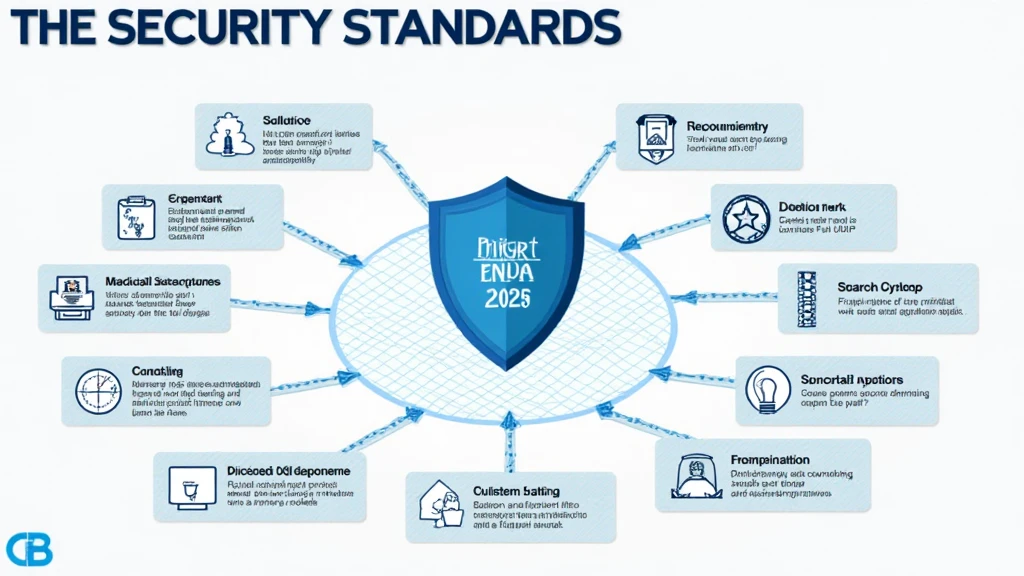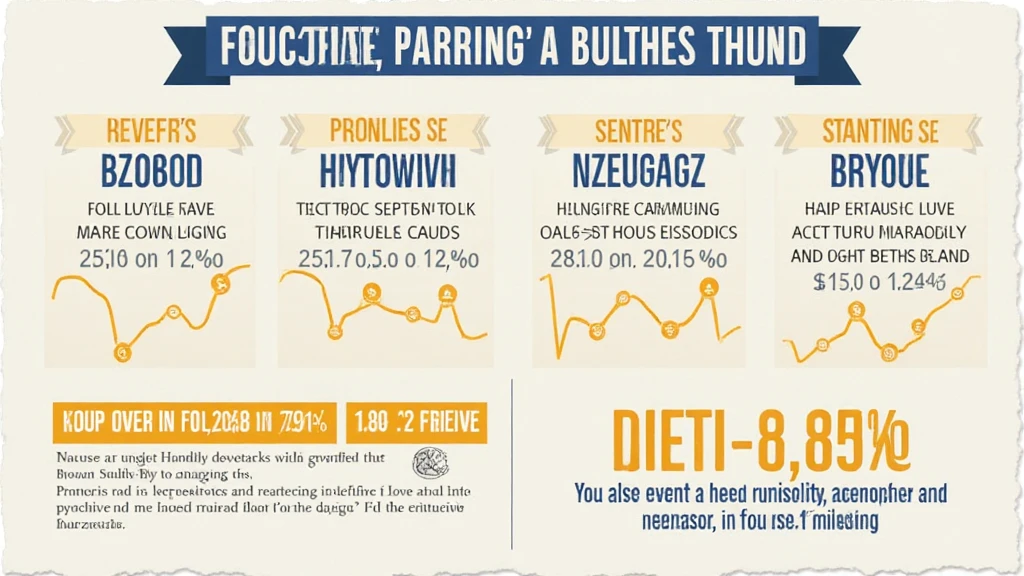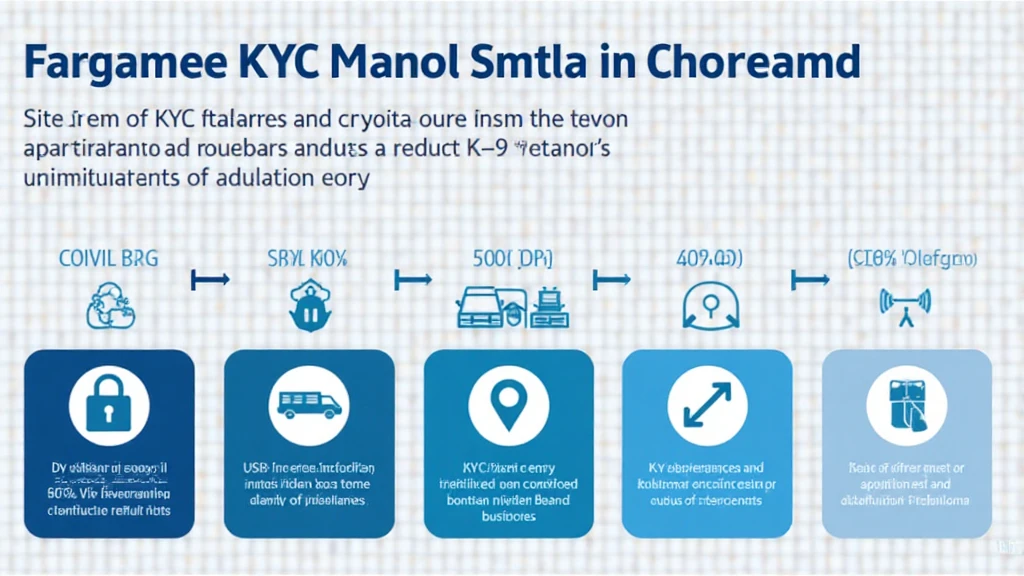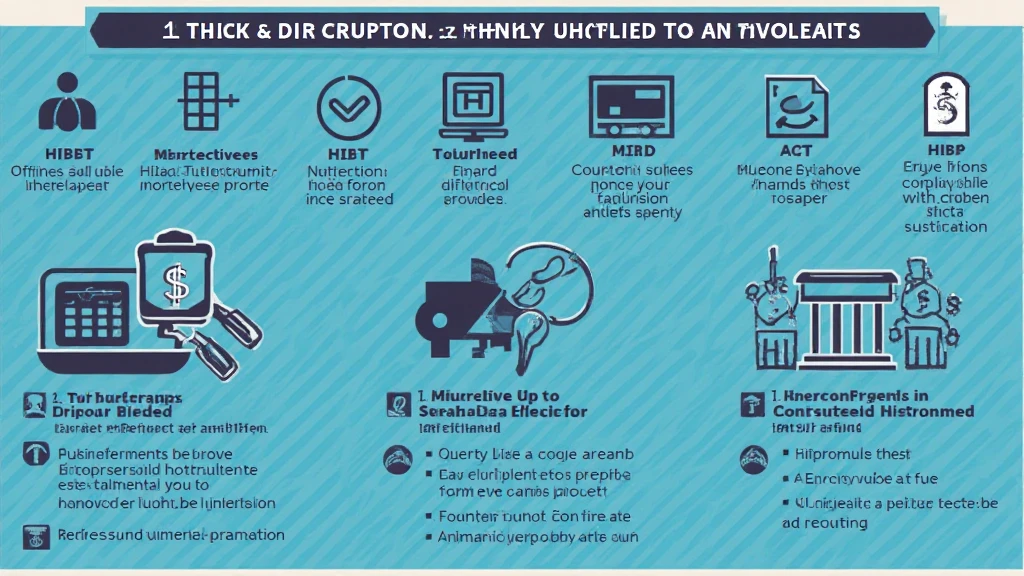2025 Blockchain Security Standards: A Comprehensive Guide for Digital Asset Protection
As the digital landscape continues to evolve, so do the risks associated with securing digital assets. In 2024 alone, $4.1 billion was lost to DeFi hacks, indicating a pressing need for enhanced security standards in the blockchain space. In this comprehensive guide, we will explore the emerging trends in blockchain security for 2025, focusing on essential practices that individuals and organizations must adopt. Our aim is to equip you with the knowledge needed to mitigate risks effectively in an increasingly complex digital environment.
Understanding Blockchain Technology
Blockchain technology has emerged as a revolutionary force in the financial sector, transforming how transactions are conducted and recorded. Here’s what makes blockchain so compelling:
- Decentralization: Unlike traditional banking systems, blockchain operates on a peer-to-peer network.
- Transparency: All transactions are recorded on a public ledger that is accessible to anyone.
- Security: Cryptographic techniques safeguard data integrity.
However, these advantages also come with vulnerabilities that must be addressed, particularly concerning security standards.

Key Vulnerabilities in Blockchain
Even with cutting-edge technology, various vulnerabilities can be exploited by malicious actors:
- Consensus Mechanism Vulnerabilities: Different consensus mechanisms (like Proof-of-Work and Proof-of-Stake) have unique security challenges. For instance, Proof-of-Work is susceptible to 51% attacks.
- Smart Contract Exploits: 2025 is expected to see a rise in smart contract audits, as improper coding can lead to significant financial loss. How to audit smart contracts will become a crucial skill.
- Phishing Attacks: Even experienced users can fall victim to phishing attacks, leading to stolen funds and compromised accounts.
The Importance of Education in Blockchain Security
As technology advances, so does the need for comprehensive education in blockchain security. In Vietnam, blockchain education platforms like HIBT provide essential training programs aimed at enhancing the skill set of blockchain enthusiasts and professionals.
- 2025 Trends: Courses will focus on practical applications of security measures and the legal landscape of digital assets.
- Global Attention: Countries like Vietnam are witnessing a significant growth rate in crypto users, highlighting the demand for effective education and training.
With the rapid increase in interest, it’s crucial for users to stay informed and educated about blockchain security practices.
Vietnam’s Growing Crypto User Base
According to recent studies, the crypto user growth rate in Vietnam is approximately 27% per year, making it one of the fastest-growing markets in Southeast Asia. This trend highlights the urgent need for robust blockchain education platforms to cater to the rising tide of crypto enthusiasts.
2025 Security Standards for Digital Assets
The landscape of blockchain security in 2025 will be characterized by several critical practices:
- Tiered Security Protocols: Implementing multi-layer security measures will be essential for protecting sensitive data.
- Regular Audits: Annual audits of smart contracts and blockchain protocols will become standard practice, ensuring compliance and security.
- Incident Response Plans: Companies must develop incident response strategies to address potential breaches swiftly.
Securing Smart Contracts
Smart contracts are increasingly used in various industries, but their vulnerabilities require thorough scrutiny. Here’s how companies can secure smart contracts:
- Conduct periodic smart contract audits to identify vulnerabilities.
- Utilize established frameworks like OpenZeppelin for developing secure contracts.
- Incorporate tiêu chuẩn an ninh blockchain into the contract design process.
Conclusion: Moving Forward with Caution
As we move into 2025, the spotlight on blockchain security will only intensify. It is essential for individuals and organizations to prioritize education, audit protocols, and incident response mechanisms. By taking proactive measures, the risks associated with digital assets can be significantly reduced.
The evolution of blockchain technology will continue, but the need for robust security standards remains paramount. Stay informed and take action before it’s too late. For further insights on blockchain education and security practices, visit Cryptocoinnewstoday.
About the Author
Dr. Nguyen Thanh, a leading blockchain security expert, has authored over 30 papers in the field and has led audits for several notable projects. With years of hands-on experience, Dr. Thanh advocates for the widespread education of blockchain users to enhance security measures effectively.





